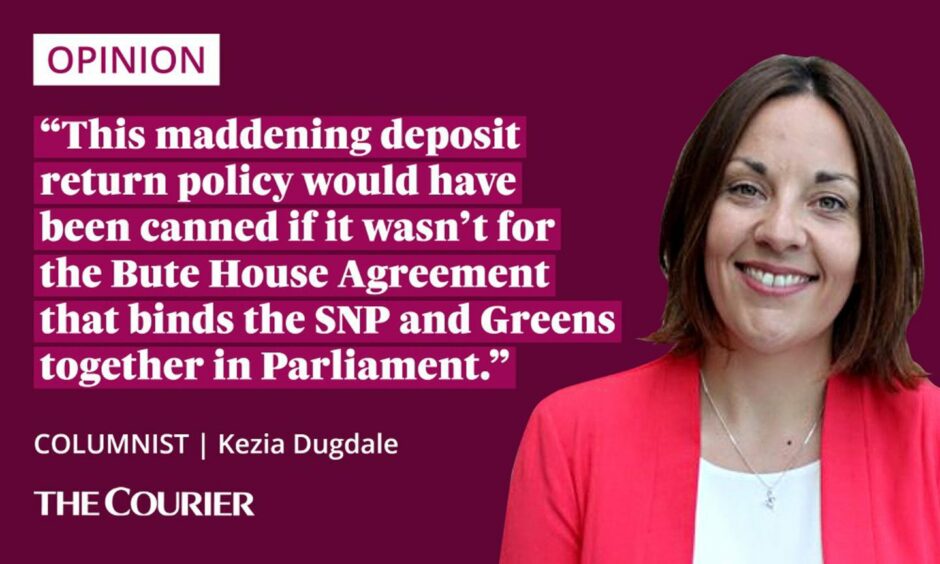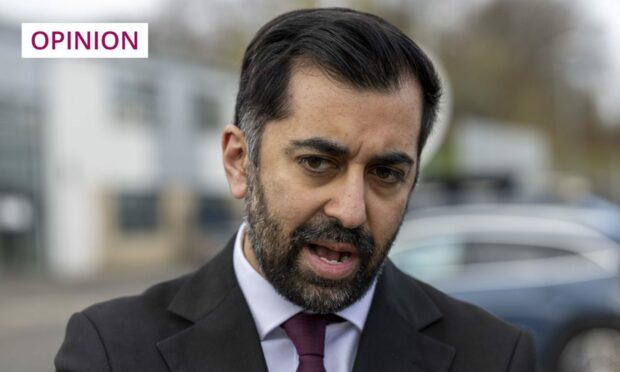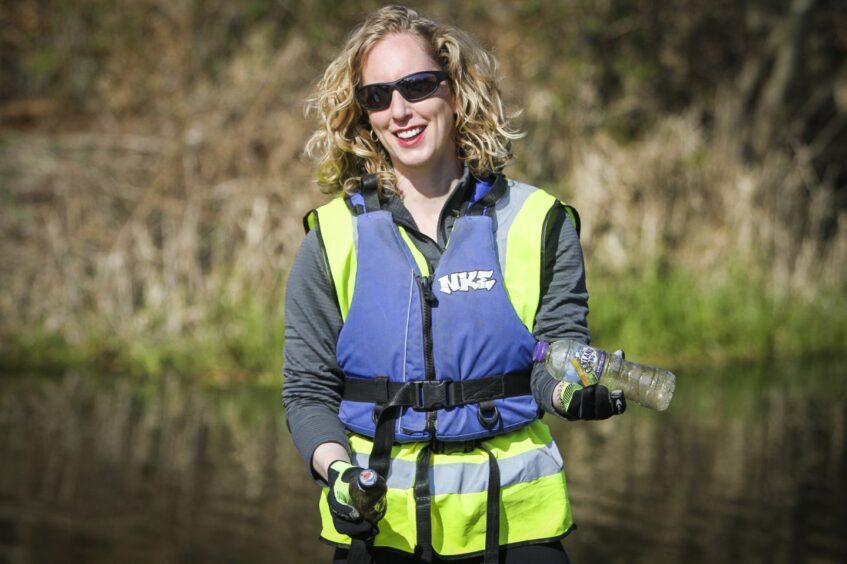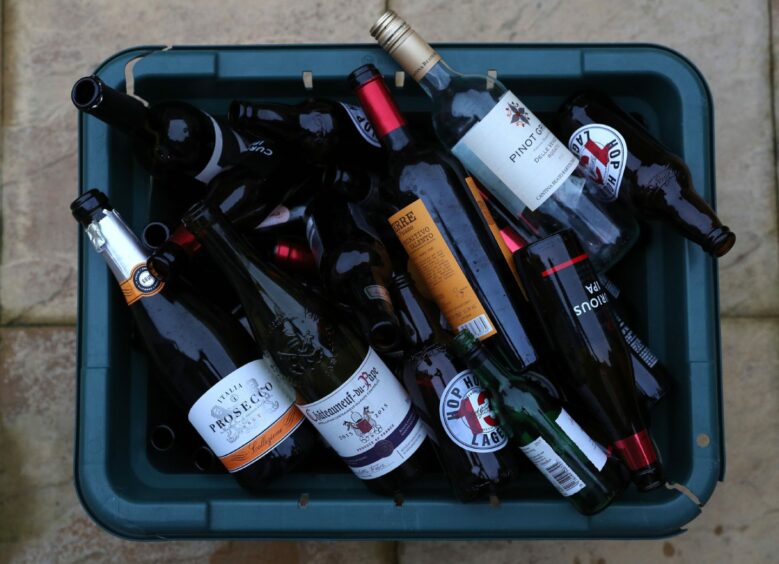A prominent restaurateur has been in the papers this week discussing the growing trend of eateries asking for a deposit before you book a table with them.
Apparently, as a populous, we’re pretty awful at keeping our promises, with the number of restaurant “no-shows” rocketing post pandemic.
This is causing no end of pain for businesses who pay for stock and staff to cater for a full house, only to be left standing by the door in hope of passing trade.
This particular restaurateur experimented with different deposit amounts and settled on £50 a head.
If you pay that in advance, you will show up, it seems. Pay just £5 a head and you might consider it a price worth paying if you decide to just nestle into your couch with a pizza instead of heading out on a Saturday night.
It poses really interesting questions about what we consider to be worth our time and our money. Questions which surely also apply to Scotland’s Deposit Return Scheme.

The issue was kicked into the long grass yesterday, when Humza Yousaf announced it would now be introduced next spring, instead of the proposed start date of August this year.
Under the scheme, each of us will be asked to pay an extra 20p on any glass, metal or PET plastic drinks containers of both alcoholic and soft drinks when we buy them.
That 20p is a deposit which we’ll get back if we return said bottle to one of the official points.
Deposit return scheme is a tax on the poor
We’ve been here before friends.
I remember collecting Hays glass bottles as a kid in the 80s and exchanging them at newsagents for penny chews. I suppose that was my introduction to the circular economy.
Now I keep our glass recycling in the garage in some old Ikea plastic crates. When the lids no longer close, it’s time to go to the bottle bank.
Our nearest one is 100ft from our house. But it’s also in the grounds of a primary school. And in all honesty, it feels wrong to be tossing our empties in the school car park bin yard.
Guilt, for what I’m not sure, is a strong enough vibe to persuade us to pile the glass in the car and drive to the supermarket.
Is future me really going to sit on a Saturday morning and siphon out the wheat from the chaff, taking the wine and beer bottles in for my 20ps and the mankyish mayonnaise and pasta sauce and jam jars to the bottle bank?
On my most virtuous days, yes. Most days though, I’ll probably take the hit. What’s 20p on a bottle of Sauvignon Blanc anyway?
It’s nothing in percentage terms, compared to 20p on a plastic bottle of apple juice, or a 2ltre bottle of cola.
This is a policy that isn’t a choice for those on the poorest incomes, it’s a tax. One with a rebate that is only accessible with energy, organisation and time.
Practicalities should trump politics
The logistics for consumers are troublesome. But the reality for producers is that the deposit scheme represents an existential threat.
It demands different labelling for items made in Scotland destined for sale across the UK. And it will lead to fewer choices in Scotland too as producers elsewhere opt out of the Scottish market because it’s just not worth the hassle.
1/The Deposit Return Scheme, DRS, is fast approaching introduction by the Scottish government. There is next to no public awareness of how badly this would affect Scottish business, the Scottish and UK economy, and the general public.
— Theo Barnes (@Brew_Theo) January 27, 2023
There’s a litany of bids for special exemptions. These are all legitimate arguments that, combined, shatter any semblance of belief this scheme will work.
One special plea has come from foodbanks, who receive goods close to date from wholesale supermarkets. Who is paying the deposit then? Does the donor pay to donate? The foodbank to receive?
The truth is this maddening deposit return policy would have been canned if it wasn’t for the Bute House Agreement that binds the SNP and Greens together in Parliament.
It guarantees that this policy is marked ‘reduce, reuse and recycle’, rather than heading for the rubbish heap where most of us hoped it would end up on.













Conversation